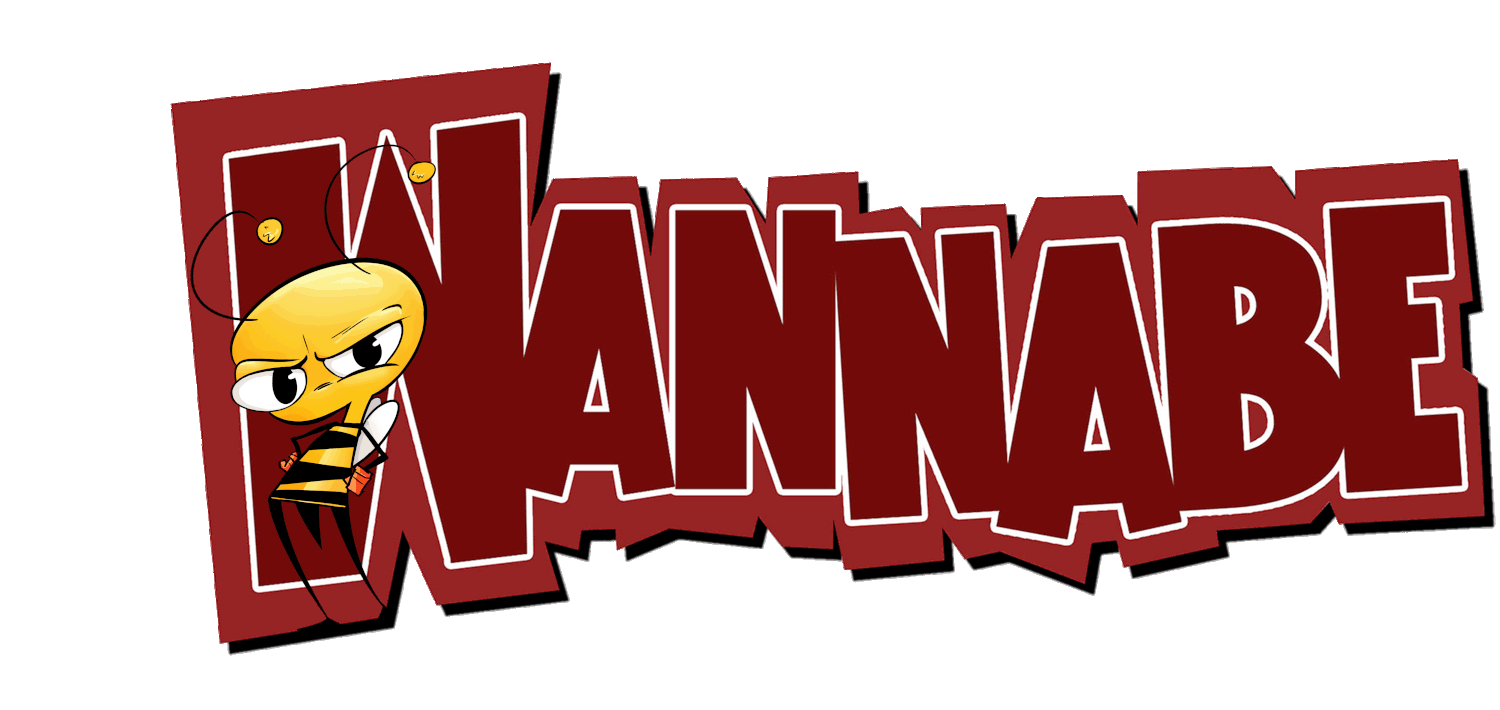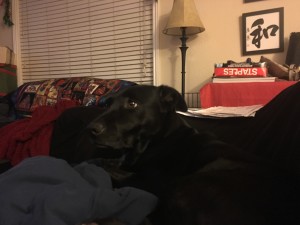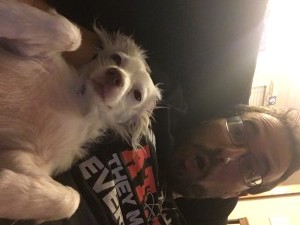I have a question for you. It’s going to take a minute of thinking, so make sure you are in a quiet space…or don’t. I mean you can do whatever you want. You’re an adult.
You ready?
How did you find your favorite online resource, your most trusted author, and your favorite artist?
It’s really important you answer this question first, because the rest of this entire article is predicated on the fact that your audience works like you.
Most people don’t think about how they act online while planning their content strategy, but you and your friends are the best indicator about how your ideal client works.
You MUST provide incredible value to those people who will want to buy your content.
I’m not a genie, but I’ve been doing this long enough to guess the process of how you found your favorite creator.
- Somebody you know posted something on social media that you thought was cool. Maybe it was an image, an article, or a book excerpt.
- You clicked on that link. It took you to a website where you consumed the content and loved it. But one piece of content isn’t enough to make them your favorite. It might’ve been a fluke.
- You searched them online and found tons of other content they produced. All of it was riveting. So riveting that you wanted to own something created by them.
- You decided to buy something from them. You started with something small and reasonable. You weren’t going to blow the bank on something you might not go nuts over.
- You found that piece of content you bought amazing, and bought all of their work. Maybe you even commissioned they to do a piece of content specifically for you.
- You followed them online, signed up for their mailing list, and eagerly anticipated their next piece of content. Whenever they had something new, you bought it immediately, because every piece of content they posted was pure gold.
I know for a fact that some of you reading this are calling shenanigans. So let’s get it over with so we can move on.
I know you found Chaucer at 13 in your local library, and he’s been dead centuries before social media became a thing.
Congratulations. You beat me. Feel better now?
Good, because I’m sure you still found that book through word of mouth, looked up free content, went and absorbed everything you could for free, then decided to buy the book at some point, right?
I’ll bet you have a copy of Canterbury Tales somewhere in your house. So while the starting point isn’t the same, you still went through this process:
1 — Hearing about something being good from a trusted friend of advisor.
2 — Seeking out free content on the creator.
3 — Falling in love with that content and seeking out more.
4 — Deciding to buy a copy of that work, and loving it.
5 — Buying their entire collection, and maybe even two copies, or six copies of it.
This it the buyer psychology almost every human being on the planet is going to employ before buying from YOU, because how the human brain is wired.
We are going to find things our friends like, try it out, and then only buy from somebody we trust, because sometimes our friends are idiots who lead us down the wrong path, like when Johnny made you bleach your hair to be one of the “cool kids” and you ended up with pink hair. Stupid Johnny.
This piece of buyer psychology is the key to finding an audience.
You MUST provide incredible value to those people who you want to buy your content. When I say incredible value, what I mean is content that will allow your intended audience to know, like, and trust you. Most importantly, to fall in love with what you do and eagerly anticipate the next thing.
Most people think throwing content on their site is enough, but it takes significant planning to make sure you are targeting the right people, with the right message, to entice them to fall madly in love with what you do and voraciously consume your content.
So get out there and start providing value. The onus is on you.
Russell Nohelty is a writer, publisher, and consultant who helps creative professional develop content plans to target their ideal customer and build their perfect audience (fancy that). You can find him and his podcast @ www.thebusinessofart.us, or at his publishing company www.wannabepress.com, where he creates dope content for rebels who question everything.



